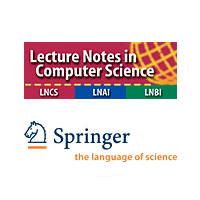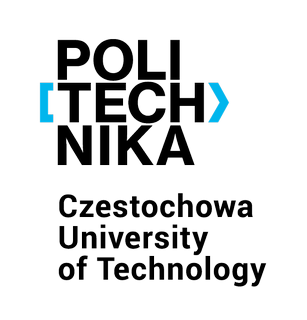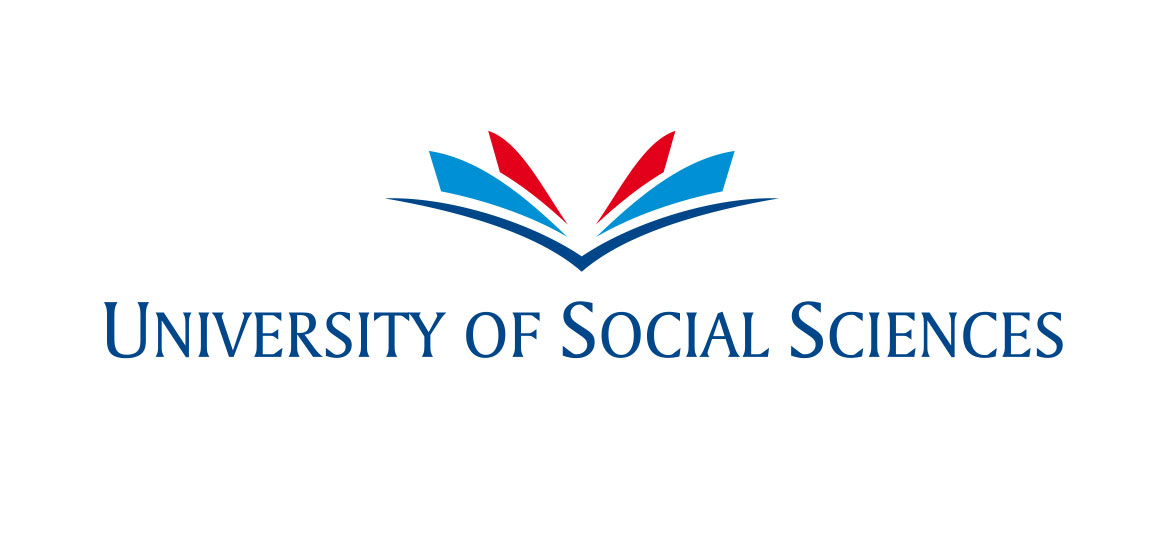Jacek Nawrot
Jacek Nawrot is affiliated with the Faculty of Computer Science at AGH University of Science and Technology in Kraków, where he conducts research and lectures on modern IT technologies, digital transformation, and the application of artificial intelligence in industry. His work focuses on IT system architecture, data management, and innovative technology deployment models in organizations.
Beyond his academic career, Jacek Nawrot has over 25 years of experience in delivering IT projects across various industries, including public administration, finance, manufacturing, logistics, and retail. He has held key roles in leading global technology companies such as IBM, Oracle, DXC Technology, and Gartner, where he was responsible for strategic consulting and the implementation of cutting-edge IT solutions.
He is an expert in digital transformation strategies, cloud computing, cybersecurity, and business process automation. Actively engaged in industry conferences, he shares his expertise and supports the development of innovative technologies. Jacek is a member of the Social Council at AGH University of Science and Technology, where he contributes to the development of future IT leaders.
contact: nawrot@agh.edu.pl
 Marcin Korytkowski
email: marcin.korytkowski.a_t.pcz.pl
Marcin Korytkowski
email: marcin.korytkowski.a_t.pcz.pl
 Marcin Gabryel
email: marcin.gabryel.a_t.pcz.pl
Marcin Gabryel
email: marcin.gabryel.a_t.pcz.pl













































